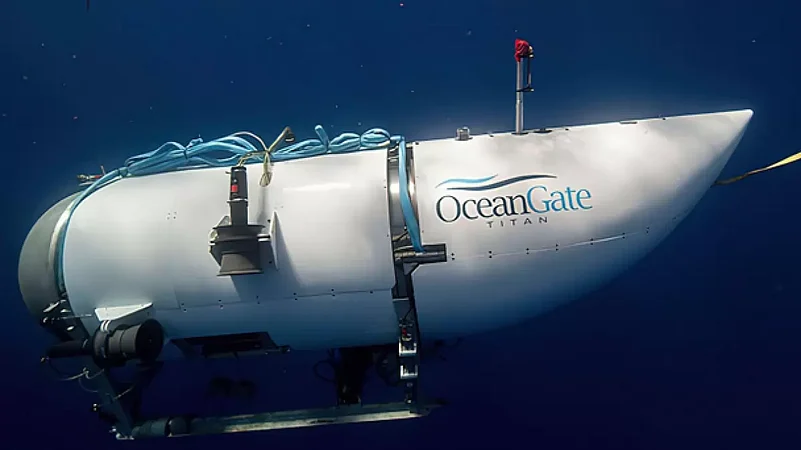Guillermo Söhnlein, the co-founder of OceanGate, the expedition company which came into the spotlight for the recent disaster involving its Titan submersible, is back in the spotlight after revealing his new ambitious mission to take people to Venus.
In a recent interview with Insider, Söhnlein who left OceanGate in 2013 said that he believes 1,000 humans could colonise the planet in the near future.
The timing and choice of mission could not be more unfortunately placed at the present moment. OceanGate lost all five passengers including the company's CEO Stockton Rush in the ill-fated mission to the Titanic wreckage. To add to that, Venus is often dubbed as the Hell Planet. Nevertheless, the challenges did not seem to dissuade Söhnlein who remained steadfast in his interest.
Also called Earth's twin, as Venus shares a similar size and density to Earth, its nickname as the Hell Planet is well earned. Venus’s atmosphere consists of high-speed winds that churn up toxic levels of carbon dioxide and clouds of sulfuric acid. Thus, it has been discouraged or rarely considered in the ongoing conversation on space exploration.
Söhnlein told Insider that he planned to send a 1,000 people to a floating space colony in Venus’ atmosphere by the year 2050. To back up this rather ambitious and risky project, he later clarified to Gizmodo that it would be a stretch to call Venus "habitable" certainly, but possibilities remained open. Citing research from NASA and Russia's Venera program, he specified that temperatures and pressures in some areas of the planet are more Earth-like.
He plans to carry this out with his company Humans2Venus, which he founded as a nonprofit after leaving OceanGate. Insider also reported that OceanGate had only been a stepping stone for Söhnlein, who is interested in pushing humanity past the boundary of Earth.
Well aware of the public reaction and timing around his revelations, and the unavoidable connection to the ill-fated Titan submersible mission, Söhlein was smart enough to draw away attention, and make it clear that he knew what he was doing, saying, “I think it is less aspirational than putting a million people on the Martian surface by 2050,” a dig at Musk’s own project to send a million people to Mars, a project which has drawn much ridicule.


























